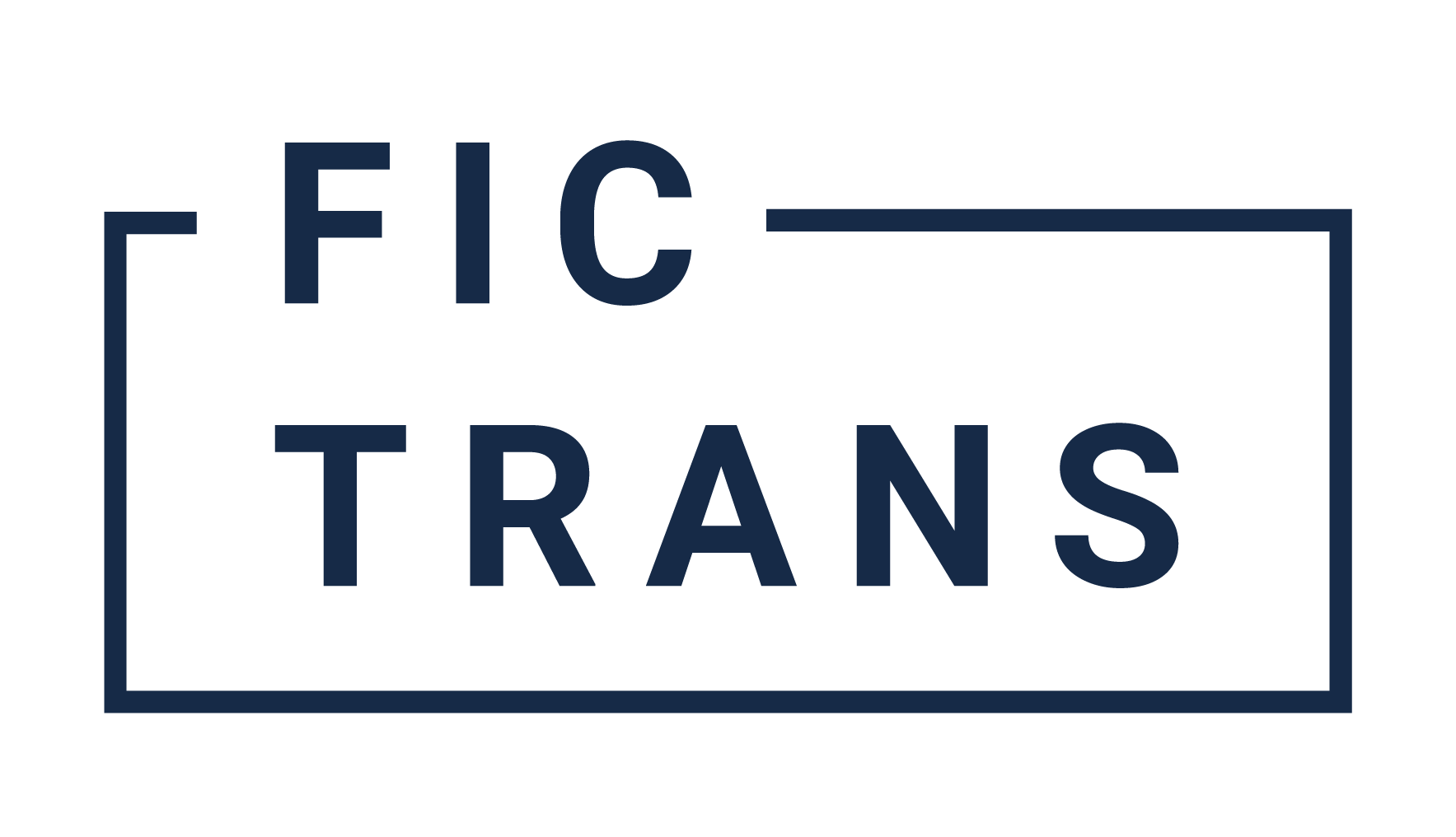Transmedia (Storytelling?): A polyphonic critical review
This article looks at some of the fundamental problems that feed into recent debate and research on transmedia narratives and/or transmedia storytelling. These issues have been approached as questions or challenges for all the disciplines involved in the discussions (comparative media studies, transmedia narratology, game studies, cultural studies and comparative literature): from the key elements of the potential novelty of transmedia storytelling or transmedia narratives, through to the new role of audiences, the declining influence of the narrative factor as it is overtaken by the building of storyworlds and transmedia characters; the influence of videogames, attention and comprehension deficit to the role of adaptation in TS; the “demediating” effect or the loss of media specificity in TS theory; the importance of collaborative creation and how to stimulate it for new (academic/business) research projects and teaching, in order to respond to the new industry dynamics and sociocultural habits. In interviews, made and conducted by Domingo Sánchez-Mesa, these issues, among others, have been put to three prominent figures in academic research and the creative professions in the area of new media: Espen Aarseth, Robert Pratten and Carlos A. Scolari. The three-way dialogue, that also has connections with other articles in this edition, has generated a polyphonic discourse that aims to produce a critical x-ray of our object of study.
DOI
http://doi.org/10.7238/a.v0i18.3064
Año
Revista o publicación
Artnodes. (18) Nodo Narrativas Transmediales
